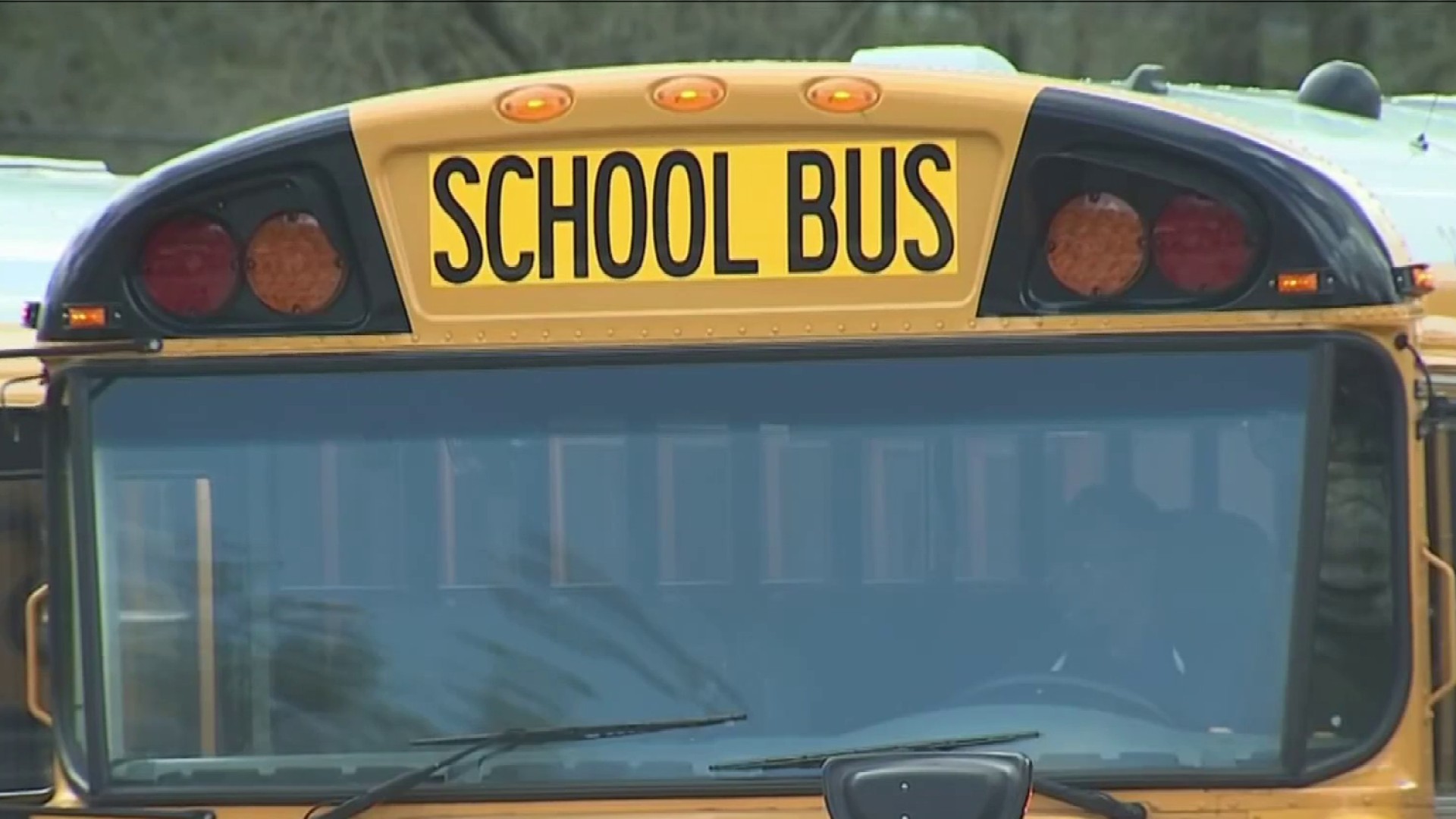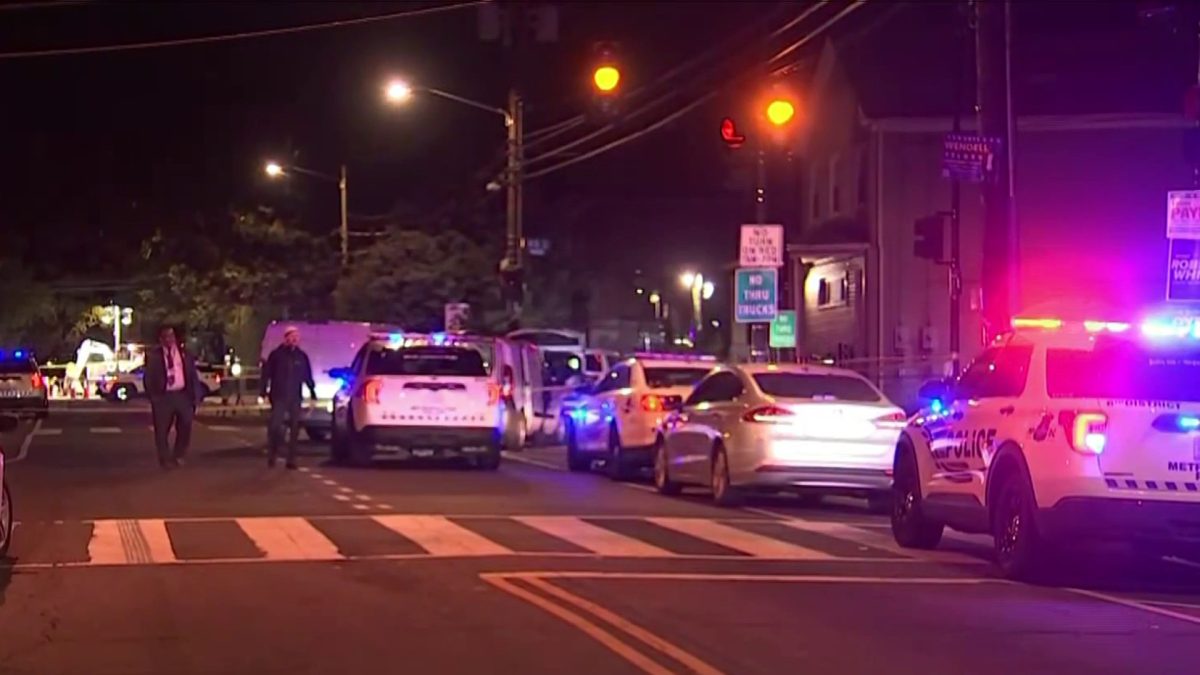The staff at the Fairfax County Courthouse wants anyone grappling with domestic abuse to know they are not alone, so it let the News4 I-Team take a camera inside to show how to get a protective order in the county.
Director of Domestic Relations Laura Harris explained it starts with juvenile court even though it’s an adult issue.
“It's where you've had a relationship, where you've had a child together, you've been married together,” Harris said. “If it's a family member, the code is very specific how they define family abuse. It's heard here in Juvenile Court."
Harris took the I-Team to the second floor, where employees help fill out a form asking for the protective order.
"We're domestic relations,” Harris said. “We deal with people, with children. We're for real."
Harris said she pushed hard to get a playroom, because, as a child, she spent a lot of time herself in waiting rooms.
"I had to sit in those waiting rooms and I swore no kid will ever have to go through that feeling like nobody notices you, nobody cares,” she said. “This is a friendly place."
Local
Washington, D.C., Maryland and Virginia local news, events and information
While the staff watches your children, you meet with an intake officer like Lisa Downing.
"Many times we're the first ones to ever hear what their story is, so we sit back and give them an opportunity to speak,” Downing said. “A lot of times, the first 15 minutes might be just the client crying, trying to get that information out about what has happened, how they've been violated. And we sit and we listen. We hear the hurt and the pain."
There are three different types of protective orders you can get in Virginia, she said.
"There's the emergency protective order issued by the police or the magistrate,” Downing said. “Then you would come to our office to file for the preliminary protective order, which is a 15-day protective order."
"Then you would go to court with the person you're filing against to file for up to two-year protective order," she continued.
She explained there are two ways to get a protective order. You can fill out an affidavit answering a list of questions about what happened.
"Maybe they need to get in and get to work, so they can come in and get a 7:30 appointment, leave here by 8:30, 9 o'clock and they're gone for work,” Downing said. “They get an answer by 5 p.m."
Or you can choose to meet with a judge.
The News4 I-Team analyzed the more than 4,500 preliminary and protective orders granted in Northern Virginia since the start of 2015 and found 85 percent were against men while 15 percent were against women. Sixty percent of abusers were Caucasian, 27 percent were African-American, 6 percent were Asian and less than 1 percent were Hispanic, according to court records. While 80 percent of abusers were under the age of 50, there were dozens of orders against senior citizens as old as 80.
"They come from all economics, they come from all regions of Fairfax County,” Harris said. “There is no profile. All ages."
Which is why you will also meet with Jesenia Alonso, a victim advocate with Office for Women in Domestic and Sexual Violence Services.
"It's a daunting feeling to say. ‘OK, I'm going to go into this court house,’" Alonso said.
Alonso will help you get financial assistance, housing, job training, even a lawyer.
"If I've been living with someone for so many years or months, however long, and I've been depending on them that person for support, for financial needs, it's scary to then say, ‘OK, I'm going to leave,’” she said. “Especially when you involve children."
They will all walk upstairs with you to the courtroom, where a judge asks questions about the abuse and violence.
"You're not alone,” Downing said. “The silence is what keeps the abuse going. So reach out."
"We care about your safety,” Harris said. “Come in and talk to us."
They said they will be sitting right behind you, ready to support and help you.
"We are here to serve,” Harris said. “That is what the county is about. Our goal is to end domestic violence, and we've got a long way to go."



